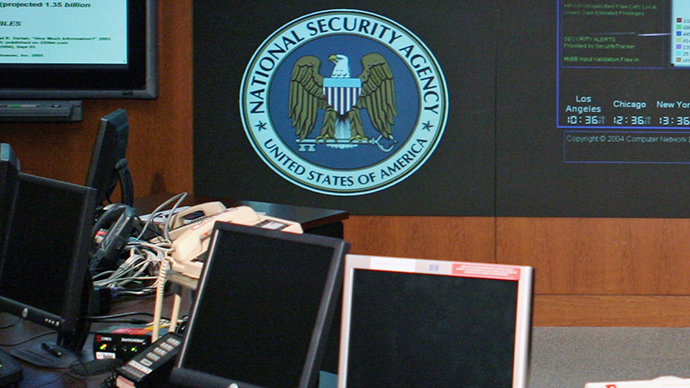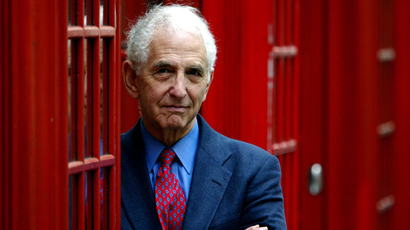US judiciary rejects NSA reform proposals from Obama’s review group

US federal judges have strongly criticized proposals to reform the NSA from the Obama-appointed Review Group, saying some of them would “hamper the work” of federal courts. It comes three days before Obama will unveil NSA changes to be endorsed.
Judge John Bates, director of the Administrative Office of the United States Courts, which represents the country’s federal judges, sent the objections in a letter to Sen. Dianne Feinstein, chairwoman of the Senate Intelligence Committee. Bates is well placed to offer an expert opinion, as he is also a former head of the Foreign Intelligence Surveillance (FISA) Court.
The Review Group’s proposals are not focused on “policy choices” but on “operational impact,” Bates wrote, adding comments and warnings about what will happen if the reforms proposed by the White House NSA review group and NSA critics in Congress are passed.
Bates said that his comments were based on his consultations with the current presiding judges of the Foreign Intelligence Surveillance Court and the Court of Review, as well as with some former judges.
Obama’s panel of experts, the Review Group on Intelligence and Communications Technology, presented its 46 recommendations regarding NSA activities in December following the wide-ranging revelations about NSA surveillance by whistleblower Edward Snowden.
It also recommended several changes to the FISA court system, which authorized NSA broad eavesdropping operations, including massive collection of Americans’ and foreigners’ telephone metadata.
Enacting those reforms, Bates said, would profoundly increase the workloads of federal courts. Some of the proposals may disrupt the Foreign Intelligence Surveillance Court's ability to fulfill its "responsibilities under (the Foreign Intelligence Surveillance Act, under which the secret court operates) and the Constitution to ensure that the privacy interests of United States citizens and others are adequately protected."
Bates strongly warned against a proposal to create a "Public Interest Advocate" to represent privacy and civil liberty concerns before the court, which usually operates behind closed doors.
He said it would provide "greater procedural protections for suspected foreign agents and international terrorists than for ordinary US citizens in criminal investigations."
Moreover, Bates said, allowing a public advocate to participate in FISA court hearings “could prove counterproductive in the vast majority of FISA matters."
"Given the nature of FISA proceedings, the participation of an advocate would neither create a truly adversarial process nor constructively assist the courts in assessing the facts," he wrote, adding that advocate involvement in "run-of-the-mill FISA matters would substantially hamper the work of the courts without providing any countervailing benefit in terms of privacy protection.”
Bates also rejected the panel's recommendation that the government seek court approval every time it wants to obtain information in cases of national security, known as a national security letter.
“Drastically expanding the [court’s] caseload by assigning to it in excess of 20,000 administrative subpoena-type cases per year […] would fundamentally transform the nature of the FISC to the detriment of its current responsibilities,” Bates wrote.
The judges also opposed ending the NSA’s bulk collection of phone records because, they said, it likely would result in “many more” applications to the court to obtain the data on a case-by-case basis, The Wall Street Journal reported.
On Friday, Obama is expected to announce his plans for the NSA in a speech at the Justice Department. Details of his proposal have not been released.














